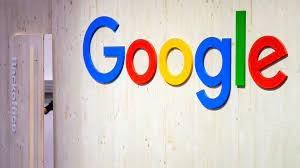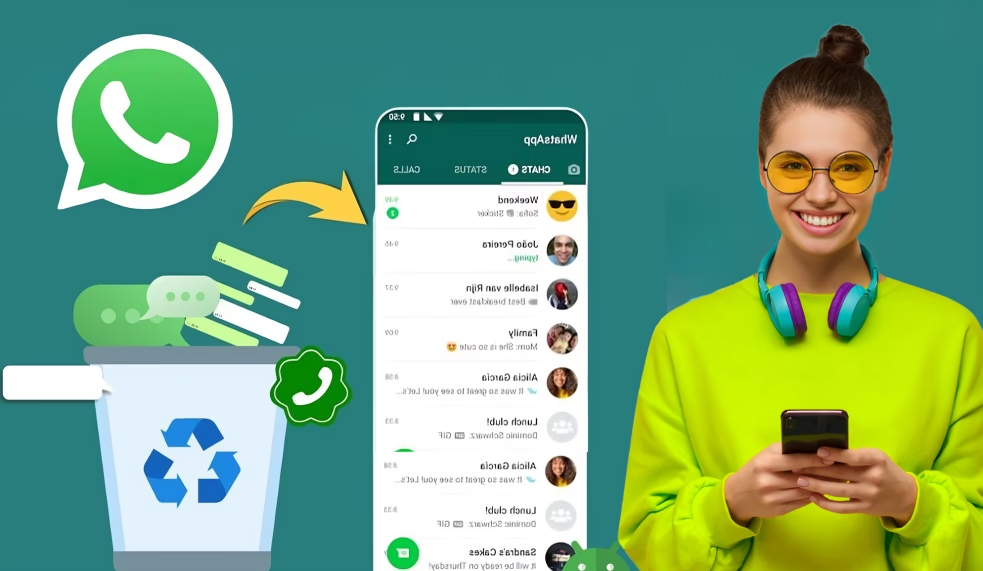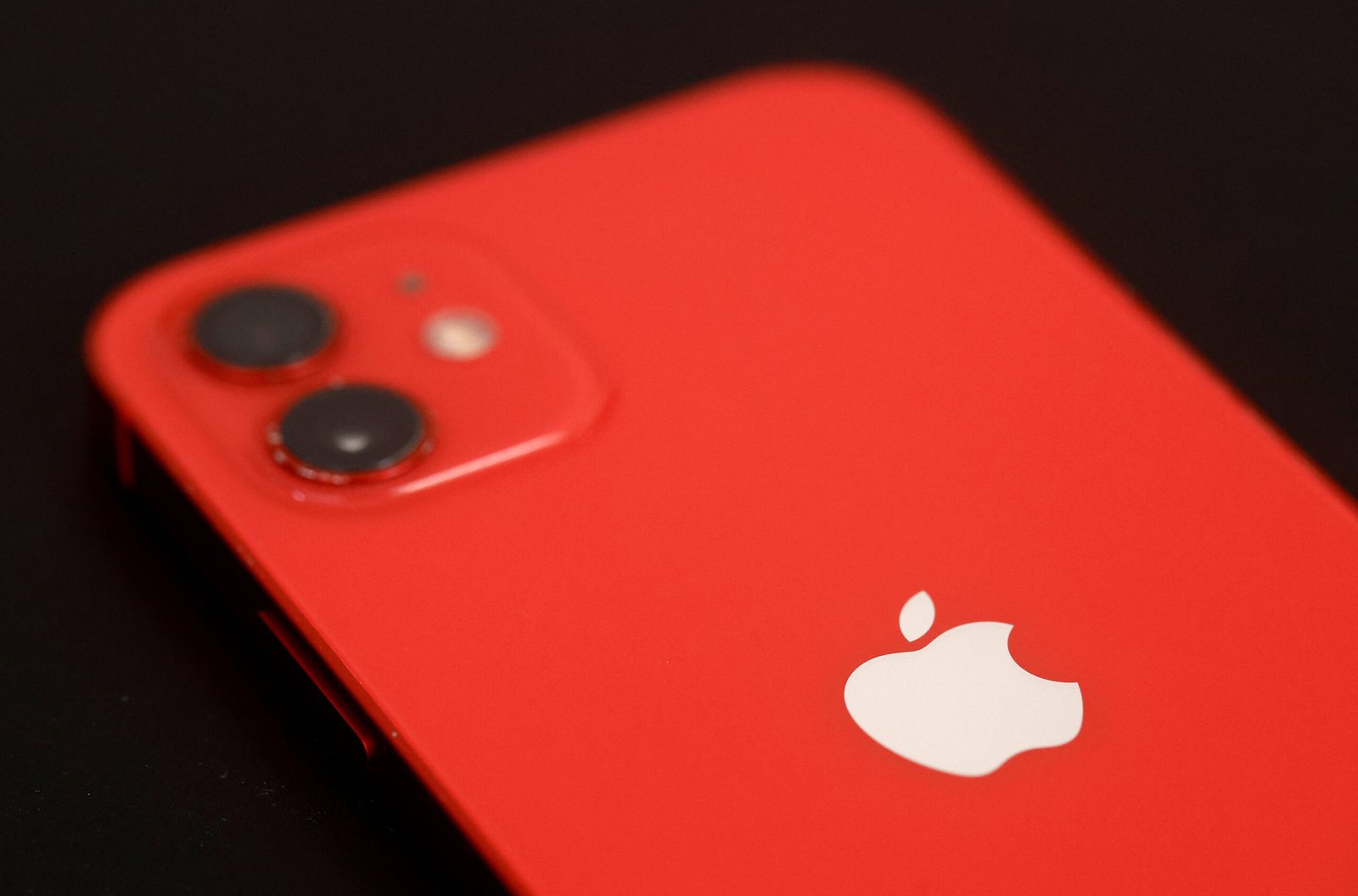A federal judge in Washington signaled on Friday that he may impose less severe remedies on Alphabet’s Google (GOOGL.O) to restore competition in online search, rather than adopting the 10-year enforcement plan proposed by antitrust regulators.
U.S. District Judge Amit Mehta heard final arguments in the landmark case concerning Google’s alleged monopoly in search and related advertising markets. While the Department of Justice (DOJ) and several states are pushing for significant measures—including forcing Google to share search data and halt billions in default search payments to Apple (AAPL.O) and other device makers—Mehta hinted he might consider more moderate actions.
“Ten years may seem short, but in this space, things evolve quickly,” he said, citing the rapid development of AI technologies, such as OpenAI’s recent acquisition of a hardware startup.
The judge floated alternatives like limited data sharing or stopping payments only if milder steps fail to enhance competition. He also expressed skepticism that existing search engines like Bing or DuckDuckGo could realistically replace Google as defaults in Apple’s Safari. Instead, he suggested future competition might come from AI platforms that do more than just search. “Maybe people don’t want ten blue links anymore,” Mehta noted.
The trial has already shaken Google’s stock, partly due to revelations about Apple exploring AI-powered search alternatives. Judge Mehta aims to issue a ruling by August.
AI vs Search?
Antitrust officials argue that Google’s dominance in search fuels its advantage in developing AI products like Gemini, creating a feedback loop that entrenches its power. OpenAI’s ChatGPT product head Nick Turley testified that OpenAI is still years away from independently handling most search queries, but access to Google data could accelerate that progress. Turley also expressed interest in acquiring Chrome if regulators force Google to divest it.
However, Judge Mehta questioned whether AI-focused companies like OpenAI or Perplexity should be treated as direct competitors in the search engine market for the purposes of data-sharing remedies. DOJ attorney Adam Severt countered that any proposed remedy must account for future developments, not just historical market conditions.
Google’s attorney, John Schmidtlein, pushed back on the idea of aiding emerging AI leaders. He emphasized that Google has already taken steps to foster competition by ending exclusive deals with carriers and manufacturers like Samsung. “Giving successful AI firms a shortcut to the technology we’ve developed over 20 years isn’t what this case is about,” he said.



